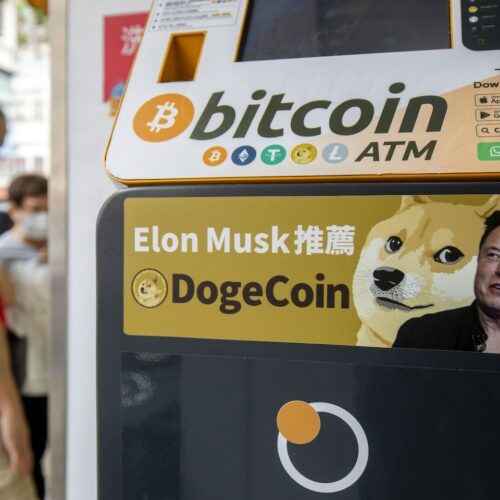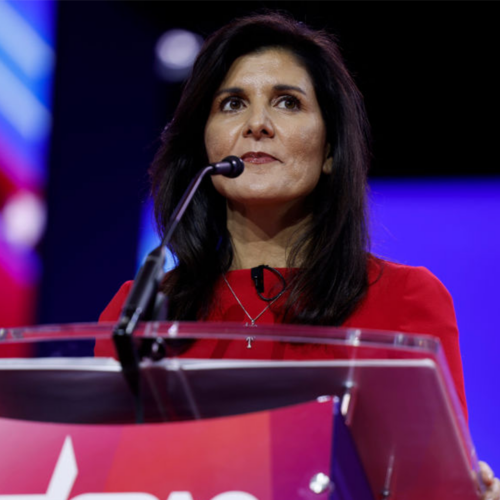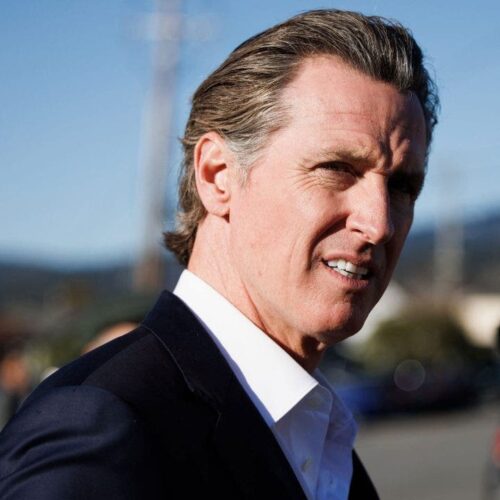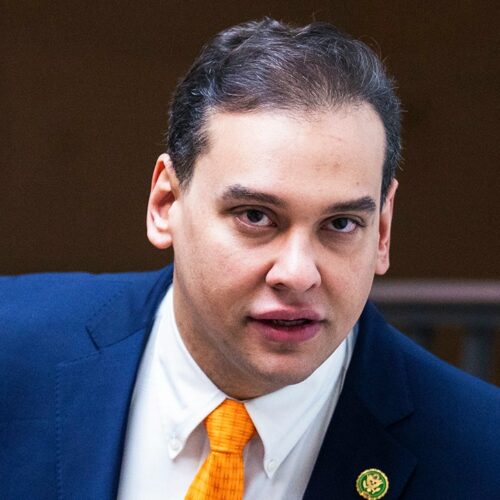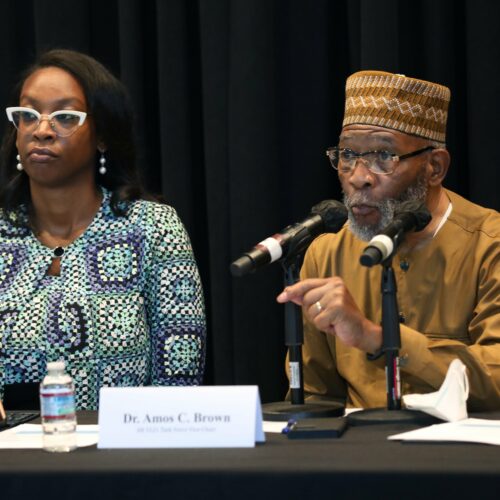Elon Musk is unabashedly a fan of cryptocurrency. His company, Tesla, once held nearly $2 billion in bitcoin before selling a bunch of it. He also tweets often about dogecoin.
Musk in recent months has tossed out a lot of ideas about how crypto tokens and ideologies might be useful on Twitter, causing enthusiasts to believe he’ll help take their way of thinking mainstream.
But what can Musk actually do with cryptocurrency on the platform? The Post examined his many statements on the subject, then spoke to crypto regulators, watchdogs and content creators to assess both their feasibility and potential impact.
He wants to defeat crypto scams.
Musk said at a TED Talk in Vancouver this year that he saw stopping crypto scams as hugely important.
“A top priority I would have is eliminating the spam and scam bots and the bot armies that are on Twitter,” he said about the site. “If I had a dogecoin for every crypto scam I saw, we’d have 100 billion dogecoin.” (Twitter and Tesla spokespeople did not respond to requests seeking comment from Musk.)
Of the more than $1 billion lost to crypto scams since the start of last year, watchdogs say a large chunk has been lost via Twitter scams — some of them bizarrely involving impersonations of Musk himself.
Musk has yet to announce what tools he’d use to achieve his goal. But regulators who’ve tried hard to solve this problem don’t believe he can deliver on his promise, saying that no tech can prevent scammers from tweeting.
“I’m naturally skeptical,” Joe Rotunda, enforcement director at the Texas Securities Board, said in a text message to The Post. “If Mr. Musk is able to significant curb crypto scams in Twitter, he’ll have accomplished something that many technology professionals consider impossible.”
He thinks dogecoin can be used for Twitter transactions.
Though dogecoin was designed back in 2013 as a sarcastic commentary on crypto, Musk has worked with doge developers and thinks the token is “pretty cool.” When news first surfaced that he might buy Twitter, he even suggested that a Blue premium subscription could be bought in doge.
Dogecoin’s value has doubled since Musk began formalizing his purchase last week, and after he tweeted a picture of doge mascot-breed Shiba Inu in a Twitter shirt.
Technical experts have noted that the idea of bringing doge to Twitter is plausible. given that its transactions can happen ten times as fast as bitcoin, whose slow rate of transaction has inhibited adoption. But it’s unclear what exactly Musk’s Twitter would be selling. (The site does currently allow “tips” in bitcoin.) And while dogecoin can process transactions faster than bitcoin, traditional forms of payment like Visa can process them hundreds of times as fast as doge.
He wants looser content moderation, which could boost crypto voices.
Users on crypto Twitter — the portions of the site where large numbers of people share tips and, often, troll each other — have long expressed the belief the system can punish them. That’s particularly true with shadow bans, which is when the algorithm limits how much other users see them.
Musk and other leaders of the new Twitter say they’ll take a looser approach to content moderation. Musk told advertisers last week that his Twitter would be a place “where a wide range of beliefs can be debated in a healthy manner.” On Tuesday Binance chief executive and Musk ally Changpeng Zhao said this pledge extended to crypto.
“Twitter is a town square for crypto, and most of the world’s hot topics, so it’s a good place to support free speech,” he told Yahoo Finance Live.
While users on crypto Twitter noted that Musk has yet to change content-moderation policies, some crypto influencers say they notice a difference.
PlanB, a controversial bitcoin influencer, tweeted this week that his account seems to be getting more visibility since Musk’s takeover.
“Elon said they did not change POLICIES, but they surely did remove some BANS,” PlanB posted. “Read the hundreds of people who comment on my earlier tweet and who can again see my tweets after 9 months of nothing.” In a message to The Post, PlanB elaborated on the thought, saying he believed Twitter “just stopped showing my tweets to my own followers,” adding that he thinks such moves could influence markets as investors are left in the dark.
He wants to run Twitter more like crypto.
A central tenet of the crypto world is that institutions can be run in a more decentralized manner, with a large community making collective decisions instead of a top-down executive structure. Both bitcoin and ethereum function more or less this way.
Musk has said he wants to do just this. In text messages to Twitter founder Jack Dorsey earlier this year, he noted that he’d like to remake the platform into “something new that’s decentralized.”
Could that actually happen?
Some in the crypto world believe it could. “There was mention of a governance group full of disparate thinkers. This is a good first step,” Alanna Roazzi-Laforet, founder of Decrypt Studios and publisher of Decrypt Media, said in a message to The Post. “Next is … a governance token and a plan to bring governance power to the community,” she said, citing Krishnan as the figure who could press for it.
But critics aren’t persuaded.
“Twitter is never going to be governed meaningfully” by a decentralized force, said crypto skeptic David Gerard in his own message to The Post. “Musk is the proprietor. I’d be amazed if he ever let anyone have effective control. He’s Elon Musk!”
He could reverse Twitter’s pro-NFT stance.
You may have seen Twitter profile pictures that double as NFTs, the non-fungible tokens that watermark an image to one user. That’s because in January Twitter policymakers allowed users to hyperlink their NFTs to their wallets — a notable step since it means a profile picture is now officially certified as an NFT.
Musk has actually been a public critic of NFTs, insinuating in a meme that they’re all just a psychiatric patient’s hallucination. And Musk really didn’t like the Twitter policy. In a tweet in January he wrote: “Twitter is spending engineering resources on this … while crypto scammers are throwing a spambot block party in every thread!?”
Musk may need to act on his beliefs soon: As he was preparing to take over Twitter, the company’s developer account announced it would roll out a “tweet Tiles” feature that will facilitate NFT sales off the site.

